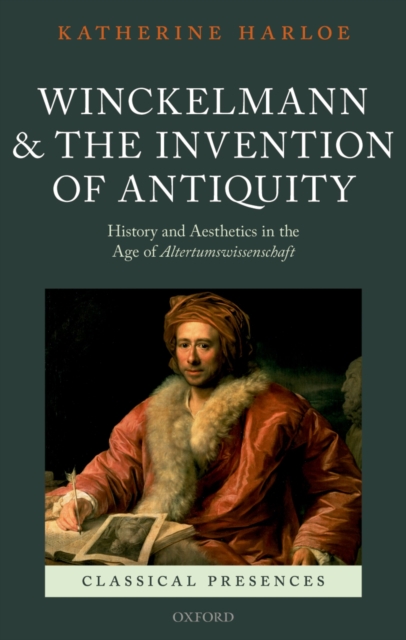
Winckelmann and the Invention of Antiquity : History and Aesthetics in the Age of Altertumswissenschaft PDF
by Katherine Harloe
Part of the Classical Presences series
Description
This volume provides a new perspective on the emergence of the modern study of antiquity, Altertumswissenschaft, in eighteenth-century Germany through an exploration of debates that arose over the work of the art historian Johann Joachim Winckelmann between his death in 1768 and the end of the century. Winckelmann's eloquent articulation of the cultural and aesthetic value of studying the ancient Greeks, his adumbration of a new method for studying ancient artworks, and his provision of a model of cultural-historical development in terms of a succession of period styles, influenced both the public and intra-disciplinary self-image of classics long into the twentieth century. Yet this area of Winckelmann's Nachleben has received relatively little attention compared with theproliferation of studies concerning his importance for late eighteenth-century German art and literature, for historians of sexuality, and his traditional status as a 'founder figure' within the academic disciplines of classical archaeology and the history of art.
Harloe restores the figure of Winckelmann toclassicists' understanding of the history of their own discipline and uses debates between important figures, such as Christian Gottlob Heyne, Friedrich August Wolf, and Johann Gottfried Herder, to cast fresh light upon the emergence of the modern paradigm of classics as Altertumswissenschaft: the multi-disciplinary, comprehensive, and historicizing study of the ancient world.
Information
-
Download - Immediately Available
- Format:PDF
- Publisher:OUP Oxford
- Publication Date:29/08/2013
- Category:
- ISBN:9780191625992
Information
-
Download - Immediately Available
- Format:PDF
- Publisher:OUP Oxford
- Publication Date:29/08/2013
- Category:
- ISBN:9780191625992










